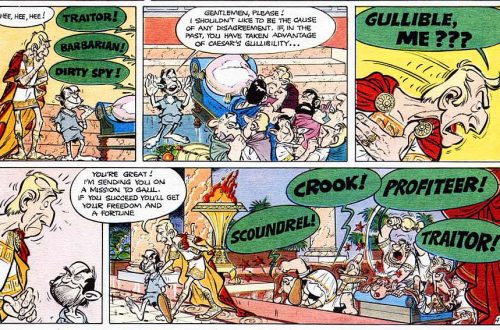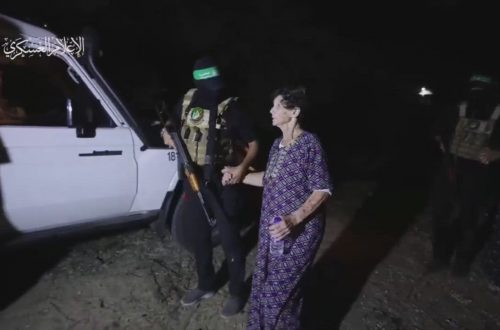Dr. Ben Goldacre, who writes about bad science for The Guardian, is usually a font of good sense when challenging wild health claims and unwarranted scare stories about vaccines– stories which often have the effect of endangering public health.
In an interview with the National Public Radio program On The Media, Goldacre discussed the media frenzy caused by the death of 14-year-old Natalie Morton, who died after receiving a vaccine for cervical cancer.

It turned out her death was a result of a tumor near her heart and not the vaccine.
Goldacre makes a number of excellent points. He suggests, I think correctly, that mass vaccination programs are “at odds with modern notions in health care of the primacy of choice.” But then he offers a rather wild and (I have to say it) Guardian-like hypothesis of his own to explain the fearful reaction to vaccination campaigns.
It’s kind of an act of protest on which people can take a stand. When the MMR scare really kicked off in the UK in 2002, it was shortly after we were sort of going off to wars that were very, very unpopular. And I think in some respects people might have felt, well, there’s nothing I can do to stop my country bombing but I can take a stand on vaccines. It almost becomes a kind of poetic response to unrelated problems.
Now there very well may be something to the idea that people who feel a sense of powerlessness in their everyday lives are more susceptible to rumors and scare stories. But linking the MMR scare to the wars in Afghanistan and Iraq is a huge– and politically suspect– stretch.


